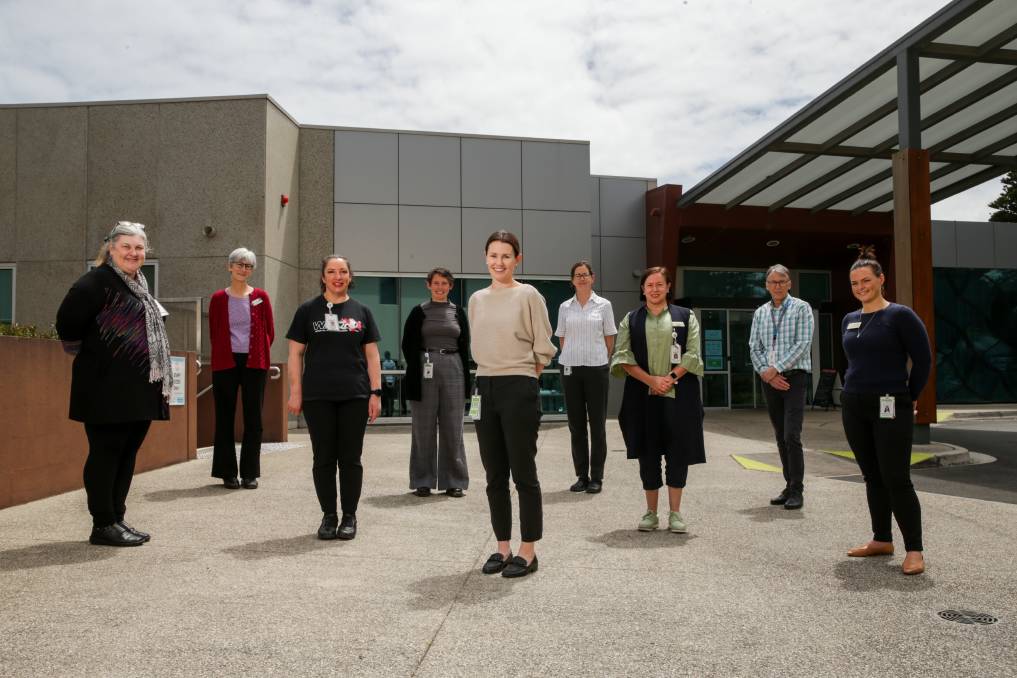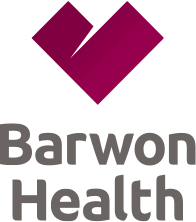Inside Victoria's COVID-19 remote patient monitoring program
Ever wondered what happens if you contract COVID-19 at home?
Victoria's South West Healthcare has a COVID remote patient monitoring team, providing care from afar when people contract the virus.
The team is responsible for providing clinical and welfare support for people who have tested positive, and team leader Kate Lawrence says the connection is appreciated.
The prospect of two weeks in isolation while battling a serious virus is enough to make anyone nervous, but the team does its best to quell the tension.
"The people appreciate the service and say it's nice to feel supported," Ms Lawrence said.
"There is a level of stress and anxiety around it but most people have been good. Just by knowing they can call a nurse in the team at any time is quite reassuring."
The good news is that the numbers of people being cared for by the remote team is reducing.
"We have trained quite a few staff in community health and have everything ready to go if needed. We are prepared for a surge in case We were monitoring quite a few cases late September to October that kept us very busy," Ms Lawrence said.
Most people living in isolation have been coping well.
"We don't get many calls out of hours or in between their scheduled monitoring. We aim to answer questions and provide the support required during a scheduled phone call so that patients can manage well in their own homes."
The team has been supporting a mixture of people living together along with a few who live on their own, with all age groups represented.
The team monitors any positive cases for Warrnambool, Moyne, Corangamite and Glenelg in southern Victoria on referrals from the Barwon Public Health Unit.
"Once we get the referral, we contact the patient and the amount of monitoring and number of phone calls is based on their risk level, which depends on factors such as vaccination status, age and co-morbidities."
High-risk and medium risk patients are given a thermometer and a pulse oximeter to test their heart rate and oxygen saturation.
All patients can also download an app that allows them to answer questions about how they feel and their breathing, and to enter their oxygen levels, heart rate and temperature.
"We can see all the responses from the hospital on a remote patient monitoring system and can react straight away if there's any problem," Ms Lawrence said.
The team also makes regular phone calls to those isolating.
"The calls are based on risk level," Ms Lawrence said. "A child with no symptoms who is normally well and is living with their family might only get a phone call three times during their isolation.
"But someone who lives by themselves might get a phone call once a day and monitoring twice a day.
"This clinical support is very important. It's good for them to know they are getting that phone call and being monitored all the time."
The team also escalates any concerns and can organise clinical reviews with the Barwon Health unit if needed.
They can also refer people to local councils and other agencies for support with delivery of meals and other services as needed.
"We have received great support from the local councils and other health services in all coming together to support people isolating. Our team is able to provide the clinical support but other services have helped us in many forms."
"We want to make sure they're safe in their homes and feel supported by a team of nurses who are not far away; that's the focus.
"It's safer and easy to do it remotely. Remote monitoring is fantastic for people who are isolating and want to remain in their own homes."
Ms Lawrence said her role was challenging but enjoyable.
"It has been up and down and there are times when we have no-one to monitor and times when we've had quite a few over the course of the pandemic. It's fantastic that we're going down on numbers and our high vaccination rates give us confidence."
"We're lucky to have a team of nurses could be acknowledged for being adaptable and willing to pick up extra shifts, be on call 24 hours and work weekends."

Photo courtesy of The Standard. Story by Kyra Gillespie - The Standard
